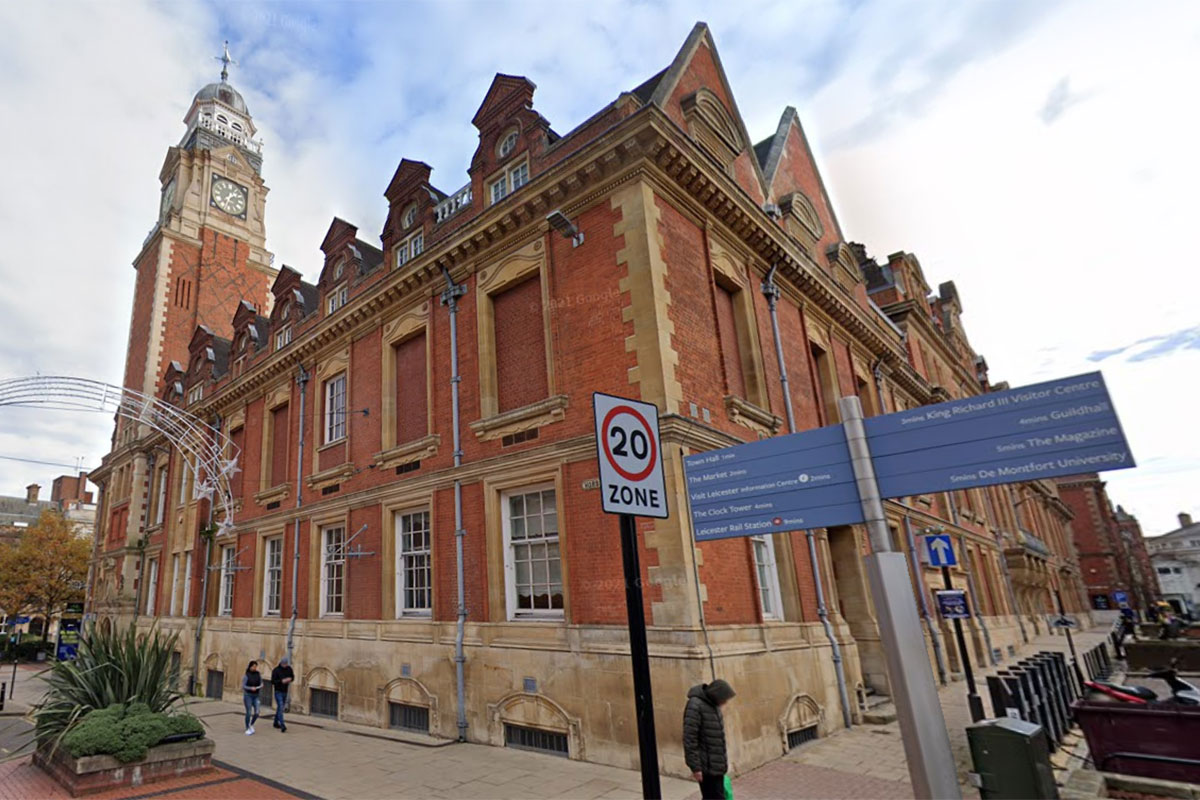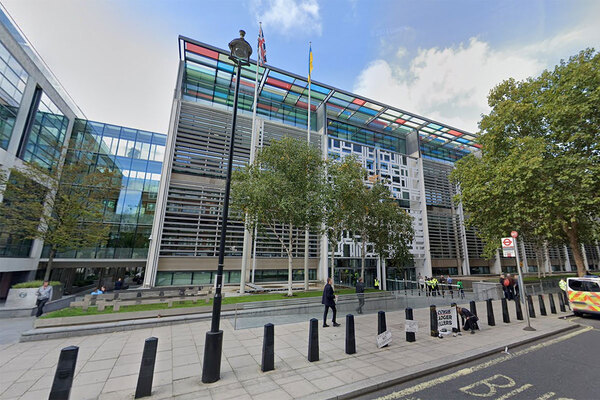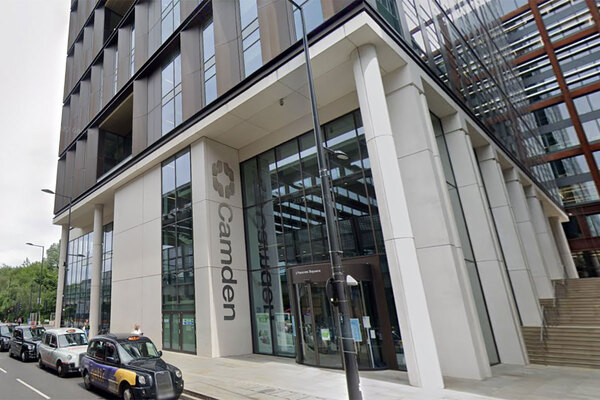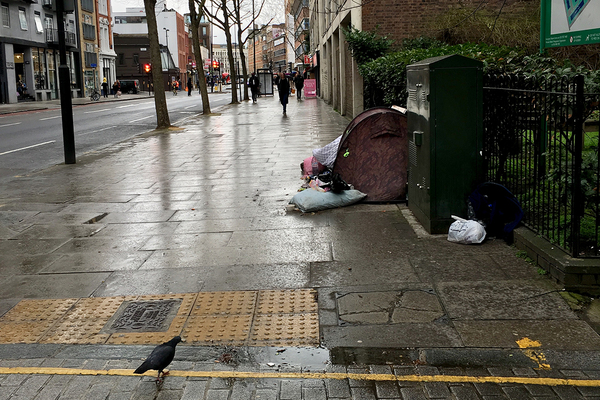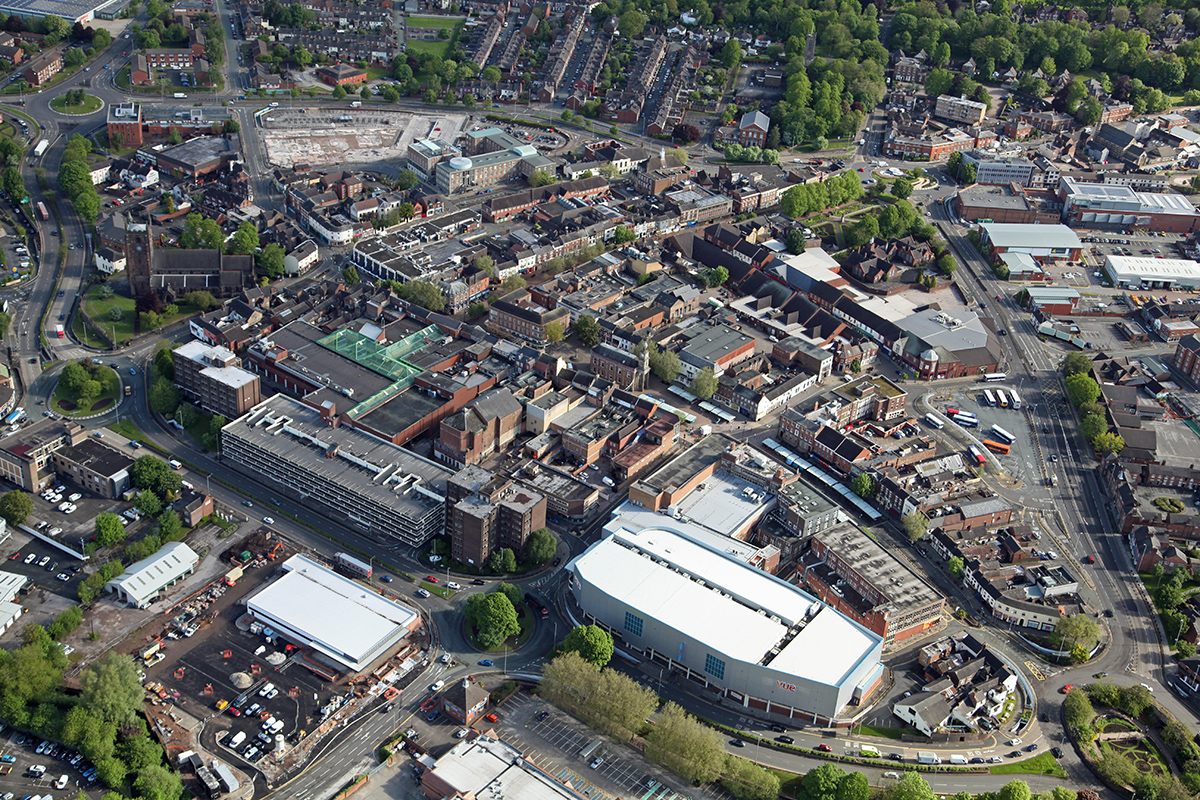You are viewing 1 of your 1 free articles
Streamlined asylum process could cost council £30m in two years
The government’s streamlined asylum process could cost Leicester City Council £30m over the next two years.
The local authority estimates that the process, which the government launched last year to clear a backlog of asylum applications, is expected to see 1,000 people in Leicester receive a decision on their asylum claim – positive or negative – over the next few months.
According to a council report, the combining pressures of this and temporary accommodation costs could equate to a financial pressure on Leicester Council of up to £23m in 2024-25.
Research by London Councils found that the number of homelessness presentations made by refugees and asylum seekers evicted from Home Office accommodation increased by 39% in October.
The cross-party group warned that the number will rise even further in the coming months, as the government continues ramping up the number of asylum decisions and works to close several hotels by the new year.
It said that boroughs are struggling with a severe shortage of accommodation, while many have reported having nothing to offer refugees who sleep rough. This was also exacerbated by the Home Office providing no funding to local authorities to support asylum seekers in hotels since April last year.
In December, it emerged that more than 40% of the people approaching Camden Council’s rough sleeping service in November had no recourse to public funds.
Leicester Council’s report, published in this month, stated: “Government took a decision to speed up asylum decisions in their National Asylum Support Service population for certain nationalities.
“Upon evaluation, the impact of this on Leicester City is that 1,000 people and families will receive a decision on their asylum claim (positive or negative) over the next few months.
“This will impact upon services across the council, primarily homelessness but also more widely on community safety, adult social care, public health, schools and health services.
“It is estimated that the impact of the streamlined asylum process (SAP) on Leicester City Council could be in the region of £30m over the next two years if the council does not do anything.”
The report also highlighted an 87% increase in the numbers of people facing homelessness in Leicester since August 2022 and significant temporary accommodation cost pressures.
In a statement, the local authority said a shortage of properties means that even people in most urgent need are spending longer and longer in temporary accommodation.
Overall, it said the council is facing extra budgetary pressures of up to £54m.
The council report, which went before Leicester’s overview select committee on 11 January, outlined the actions the local authority must take to meet demand.
These include increasing the amount of both temporary and permanent accommodation available, recruiting up to 25 staff, better targeting of help for rough sleepers to meet the needs of the most vulnerable, working with local partners to share the pressure, and working with neighbouring councils to lobby the government for more money.
Proposals include buying 225 more properties to be used as temporary homes, as well as 125 new properties to be used as permanent homes.
Overall, this would see the council investing a further £45m.
Elly Cutkelvin, deputy city mayor for housing and neighbourhoods at Leicester Council, said: “We are trying to deal with a huge increase in demand from people facing homelessness, which is putting unsustainable pressure on both our finances and services.
“In addition, the government’s decision to speed up asylum applications is essentially passing the responsibility and cost from them to local councils, many of which are facing the very real prospect of running out of money to be able to provide basic services.
“While Leicester has a long tradition of providing sanctuary to displaced people, the financial burden of doing so without additional government funding would impact across the board, putting significant strain on services which have already been stripped to the bone by more than a decade of government funding cuts.
“This report sets out the actions we need to take to invest in creating more short-term and permanent accommodation, to reduce the huge cost of putting families in B&Bs.
“Even with all the measures we are proposing, the council would still be facing additional pressures of between £6m and £12m every year, which is why it is vital we work with other local councils to call on the government for realistic funding to be able to provide these vital housing and homelessness services.”
A Home Office spokesperson said: “We are committed to ensuring asylum claims are correctly decided without unnecessary delays on an individual, objective and impartial basis, and we are working with local authorities to manage the impact of asylum decisions.
“Once a newly recognised refugee is issued a biometric residence permit, they get 28 days to move on from asylum accommodation and are given support and advice through Migrant Help on how to access Universal Credit, employment opportunities and where to get assistance with housing.”
Sign up for our Council Focus newsletter
Already have an account? Click here to manage your newsletters
